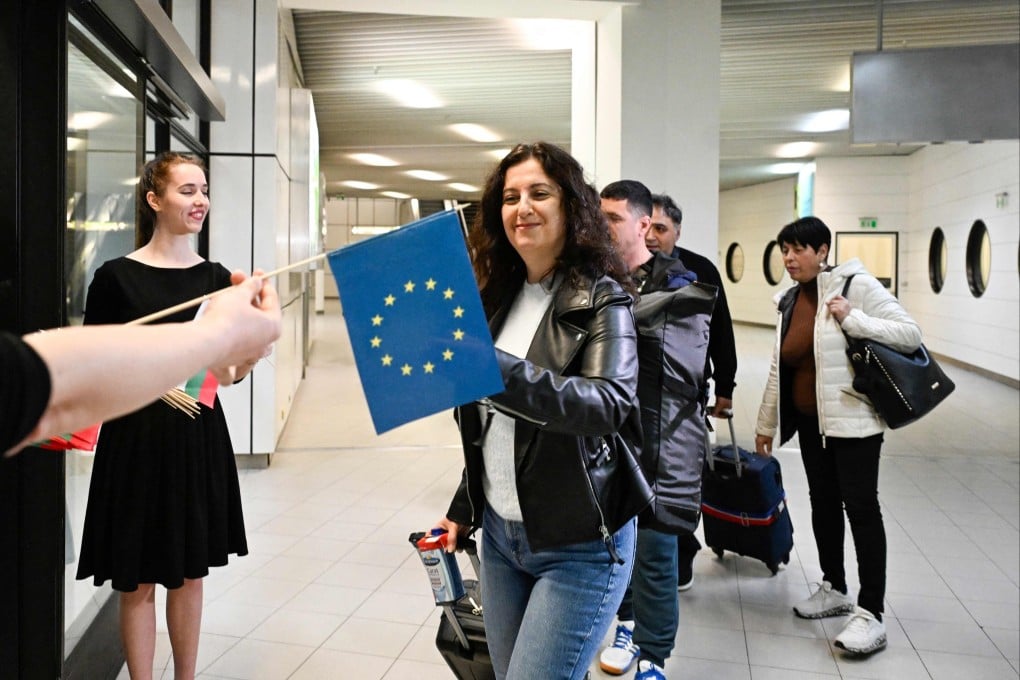Romania and Bulgaria partially join Europe’s Schengen travel zone with land border checks to remain
- After years of negotiations to join Europe’s ID-check-free travel zone, there is now free access for travellers arriving by air or sea from both countries
- Land border checks will remain in place mainly because of opposition from Austria which has long blocked their bid over illegal migration concerns

Romania and Bulgaria partially joined Europe’s ID-check-free travel zone on Sunday, marking a new step in the two countries’ integration with the European Union.
European Commission President Ursula von der Leyen hailed the change as a “huge success for both countries” and a “historic moment” for what is the world’s largest free travel zone.

Austria vetoed Romania and Bulgaria’s admission into the Schengen zone at the end of 2022 but allowed Croatia full accession. Bulgaria and Romania joined the EU in 2007 and Croatia in 2013.
Siegfried Muresan, a Romanian member of the European Parliament, told Associated Press that it is “an important first step” that will benefit millions of travellers annually.
“Bulgaria and Romania have been fulfilling all criteria for joining the Schengen area for years – we are entitled to join with the terrestrial border as well,” he said, adding that it “will offer additional arguments to the last EU member state that has been vetoing the full accession.”
Romanian Prime Minister Marcel Ciolacu called it a “well-deserved achievement” for Romania that he said will benefit citizens who can travel more easily and will bolster the economy.
